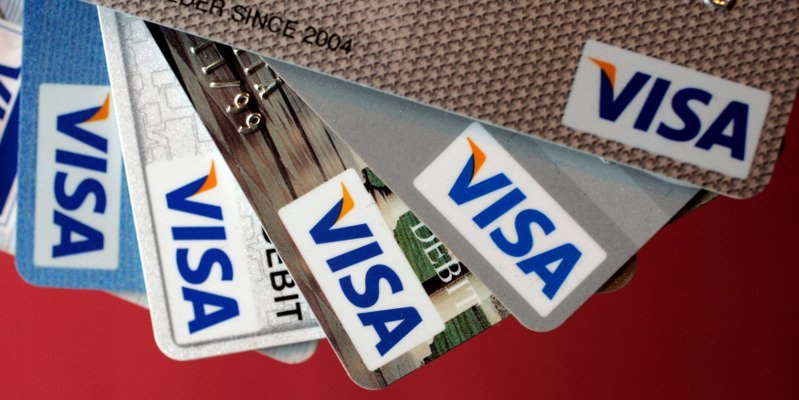
Global: What proportion of consumers are pirating content?
For decades, some consumers have been resorting to piracy to fulfil their content needs for free. What initially started with bootleg movies and music now extends to TV shows, sports events and more recently even NFTs. In this piece, we explore how many consumers are still actively searching for content from unauthorised sources rather than paying for it.
Data from this new YouGov survey analyses responses from 18 markets globally. It finds that, broadly, over a third of global consumers (35%) say they search for free content from unlicensed sources if the alternative is to pay for it.
The share is significantly high in some markets with over half the population in Hong Kong (56%), China (55%), UAE (52%) and India (51%) agreeing with the statement. The other Asian countries studied in this survey register slightly fewer consumers who are in agreement, but the share is still more than the average of global respondents – Singapore (38%) and Indonesia (37%). Consumers in these markets are significantly less likely to say they don’t look for such sources, while nearly a third neither agree nor disagree.
Despite the stringent piracy laws in the US, over a quarter of Americans (28%) indicate that they search for content from unauthorised sources. The figure is lower than many other markets, but it still represents a substantial proportion of Americans. Up north, Canada registers a higher percentage of consumers (35%) who say they actively search unlicensed sources – a figure which may have prompted the government to consider allowing internet providers to block illegal websites. But an almost equal share of consumers in both markets ddon’t search for free, unlicensed content (34% US, 32% Canada).
In Europe, Germany registers the highest percentage of consumers who actively search for content from unlawful sources (40%). Slightly fewer Polish consumers (38%) also say the same. The rest of the countries from this region are the least likely markets in this study to agree – and register around two in five who disagree – Great Britain (25% vs 43%), Sweden (21% vs. 47%) and Denmark (18% vs. 46%).
Overall, the share of consumers in agreement steadily decreases with age, with 18-24-year-olds registering the highest number of consumers who say they source content from unauthorized sites (44%).
Receive monthly topical insights about the media and content industry, straight to your inbox. Sign up today.
Discover more media content here
Want to run your own research? Start building a survey now
Methodology: The data is based on the interviews of adults aged 18 and over in 18 markets with sample sizes varying between 513 and 2007 for each market. All interviews were conducted online in February 2022. Data from each market uses a nationally representative sample apart from Mexico and India, which use urban representative samples, and Indonesia and Hong Kong, which use online representative samples.

































